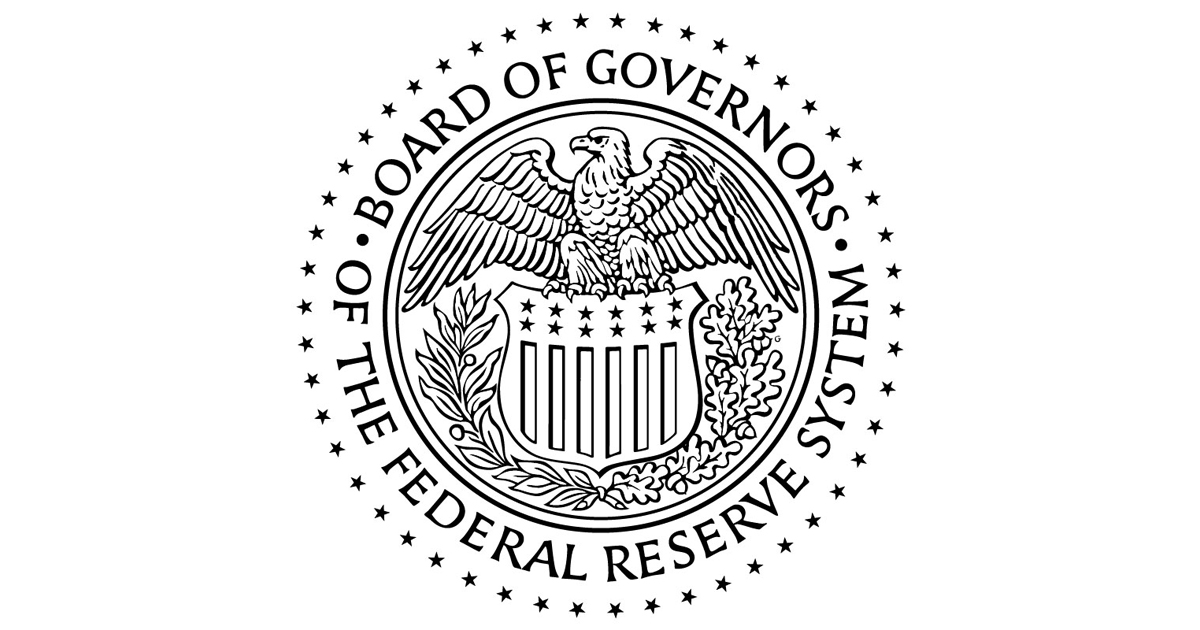Source: https://www.linkedin.com/feed/update/urn%3Ali%3Ashare%3A7062804449802518528
Federal Reserve Board Climate Change and Financial Stability – Governor Christopher J. Waller: https://lnkd.in/g4K-g22u
#FederalReserve #FinancialSystem #Risks #RiskManagement
#Financial #stability is at the core of the Federal Reserve and our mission. Responsibilities have evolved over the years. Much of how we think about and monitor financial stability at the Federal Reserve is informed by our understanding of how #shocks can #propagate across #financial #markets and affect the #economy. Fundamentally, #financial #stress emerges when someone is owed something and doesn’t get paid back or becomes worried they won’t be paid back.
The implication is that #risks to financial stability have a couple of #features. First, the risks must have relatively near-term #effects, such that the risk manifesting could result in outstanding #contracts being breached. Second, the risks must be #material enough to create losses large enough to affect the real economy. These insights about #vulnerabilities across the financial system inform how we think about #monitoring financial stability at the Federal Reserve. We identify risks and prioritize resources around those that are most threatening to the U.S. financial system. We distinguish between #shocks, which are inherently difficult to #predict, and #vulnerabilities of the financial system, which can be #monitored through the ebb and flow of the economic cycle. Our approach promotes #general #resiliency, recognizing that we can’t predict, prioritize, and tailor specific policy around each and every shock that could occur.
Instead, we focus on monitoring broad groups of #vulnerabilities, such as #overvalued #assets, #liquidity #risk in the financial system, and the amount of #debt held by households and businesses, including banks. This approach implies that we are somewhat agnostic to the particular #sources of #shocks that may hit the economy at any point in time. Risks are risks, and from a #policymaking perspective, the source of a particular shock isn’t as important as building a #financialsystem that is #resilient to the range of risks we face. For example, it is plausible that shocks could stem from things ranging from increasing dependence on #computer #systems and #digital #technologies to a shrinking labor force to #geopolitical risk. Our focus on fundamental vulnerabilities like #asset #overvaluation, #excessive #leverage, and #liquidity #risk in part reflects our humility about our ability to identify the #probabilities of each and every potential shock to our system in #realtime…
Global Risk Management Network LLC: Silicon Valley-Wall Street-Pentagon Networks: AWS-Quantum Valley:
Silicon Valley’s Next Big Thing™: CEO-CTO-CFO Know-Build-Monetize™ Networks: Join The CxO Metaverse™
C4I-Cyber Quantum Valley-SiliconValley Digital Pioneer USAF-USSF Ventures Engineering Sustainability


